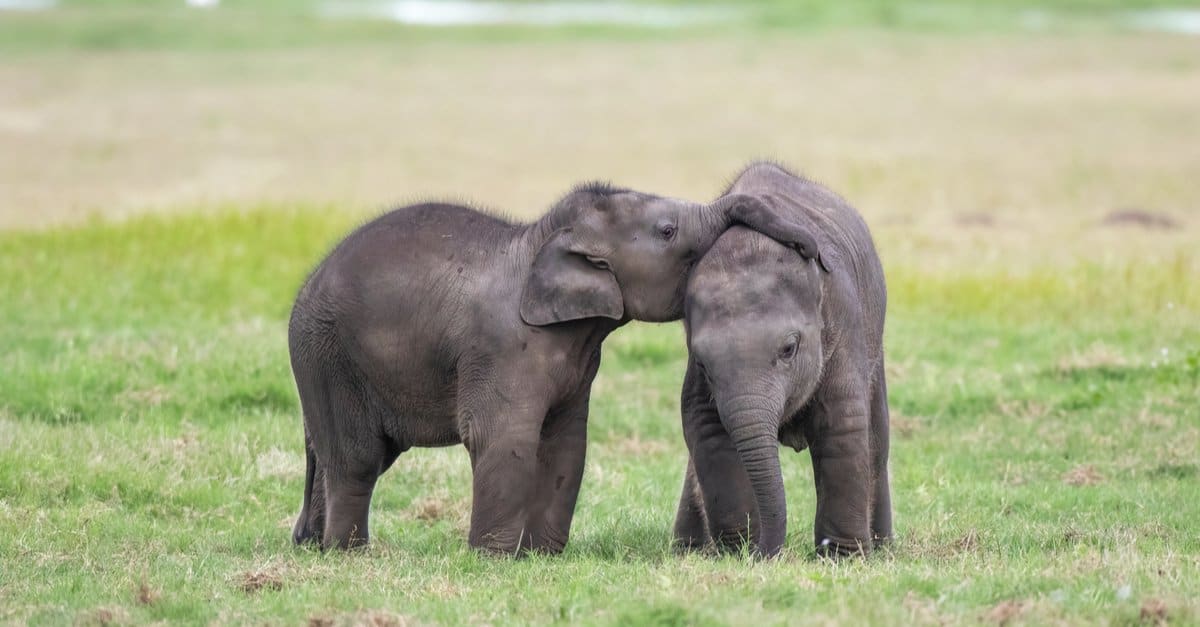The Kenya Wildlife Service (KWS) officials reported that an elephant had given birth to twins, something seldom seen, at Aberdare National Park, on Tuesday, June 7.
“Waking up to exciting and great News! An elephant from Aberdare N.Park just gave birth to twins. Did you know that an elephant birthing twins is an extremely rare occurrence?” Tweeted KWS.
The birth on Tuesday brings the country’s total number of Elephant twin births this year to three, as elephant twin births account for only 1% of all births.
Waking up to exciting & great News!
An elephant from Aberdare N.Park just gave birth to twins
Did you know that an elephant birthing twins is an extremely rare occurrence?
Elephants are a keystone species, playing an important role in maintaining biodiversity of the ecosystems pic.twitter.com/KTblDmvnpr
— Kenya Wildlife Service (@kwskenya) June 7, 2022
Subscribe to our YouTube channel to catch your favorite Switch TV shows.
The most recent elephant twin birth occurred in January of this year at the Samburu National Reserve.
Dr. Iain Douglas-Hamilton CBE, a zoologist known for his elephant research, reported earlier this year on Reuters that mothers of twin elephants do not have enough milk to feed both calves.
In 2006, an elephant gave birth to twins who were reported to have died shortly after birth.
Elephants have the longest gestation period of any mammal. They give birth every four years and carry their young for nearly 22 months, encircled by a herd led by older females.
At birth, baby elephants weigh more than the average adult human being. Female calves weigh from 90 to 100 kg, while males are heavier and weigh up to 120 kg.
















